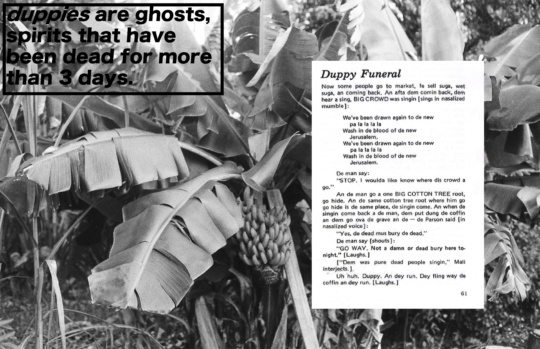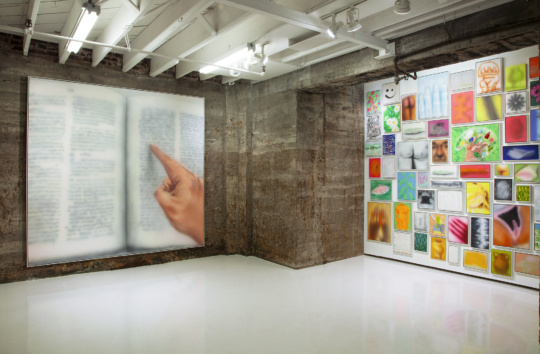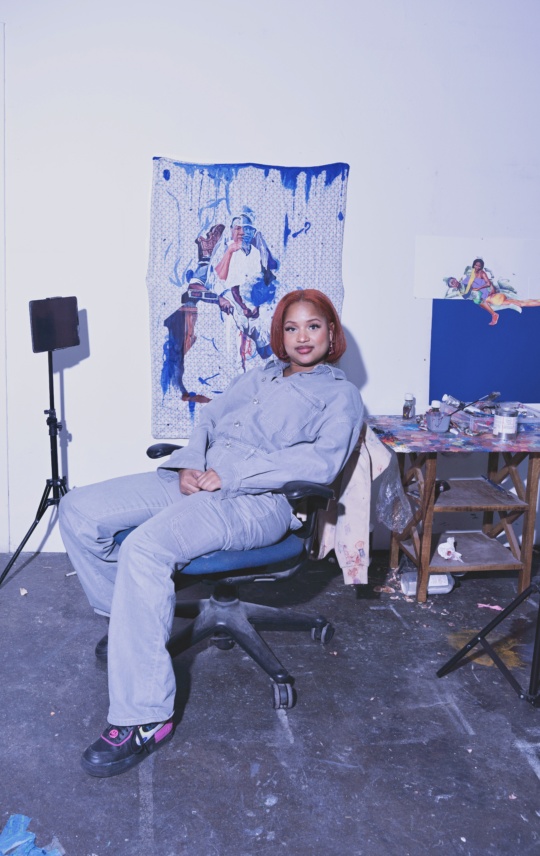
January is an important month in Atlanta for movie lovers. It marks the return of the annual Atlanta Jewish Film Festival, which is celebrating its 16th year. The event runs from January 26 through February 17 and will be presenting 77 films from 26 different countries. It includes Atom Egoyan’s opening night feature Remember, starring Christopher Plummer and Martin Landau, as well as numerous North American feature premieres, documentaries, short films, and such repertory favorites as Martin Ritt’s The Front with Woody Allen.
Of particular interest to the arts community are a number of films that focus on artists and the creative process. One of those is Steve Rivo’s new documentary, Carvalho’s Journey, about a little-known painter, daguerreotypist, and explorer from Charleston, South Carolina. A Sephardic Jew of Spanish-Portuguese descent, Solomon Nunes Carvalho became a minor celebrity when he traveled from Missouri to Utah in the winter of 1853 to document, using his art and photography, the fifth and final expedition of explorer John C. Frémont.
Carvalho’s pioneering work in daguerreotypes is representative of some of the earliest forms of photography in America. Carvalho’s Journey is a tribute to the artist, interweaving the man’s surviving art and photography with stunning landscape cinematography. There are also interviews with contemporary scholars, such as Robert Shlaer, author of Sights Once Seen: Daguerreotyping Frémont’s Last Expedition Through the Rockies.

The satiric cartoons and political satire of the irreverent French magazine, Charlie Hebdo, take center stage in Je Suis Charlie. This is a new documentary by a father-and-son filmmaking team, Daniel and Emmanuel Leconte, that recounts last year’s attack on the magazine’s Parisian office by two Islamist terrorists who killed 12 people (eight of them staff members). It also explores issues of censorship vs. freedom of speech. The use of provocative subject matter is used to confront and stimulate debate about cultural, religious, and political differences.
Musical artists are celebrated in a handful of nonfiction movies this year, including East Jerusalem, West Jerusalem, featuring Israeli folk-rock superstar David Broza. Rock in the Red Zone depicts a bomb shelter in the war-ravaged town of Sderot, Israel, which functions as both a musical club and rehearsal studio. Flory’s Flame, Curt Fissel’s portrait of the 91-year-old musician Flory Jagoda, shows the only member of her family to survive the Holocaust. Jagoda has dedicated her life to composing, recording, and preserving the rich cultural legacy of Judeo-Spanish music. Lyrics in ladino, a language spoken in 15th-century Spain and preserved by Sephardic Jews, can also be heard throughout the film.

Matthew Bernstein, professor of film and media studies and department chair at Emory University, will be introducing several films at the festival this year and has singled out a few features which he feels are particularly noteworthy. One of these is Song of Songs from filmmaker Eva Neymann.
“It’s a minimal narrative about a boy and girl growing up in a small Ukrainian shtetl. They’re drawn to each other but never really express it. It reminded me of Sergei Parajanov’s The Color of Pomegranates, a highly poetic film consisting of a series of tableaus that depict episodes in Armenian poet Sayat Nova’s life … Song of Songs is not at all conventional and it’s gorgeous … even hypnotic. It’s the most extreme example of this kind of minimalist narrative filmmaking that the festival has shown and it’s extremely rewarding.”

The AJFF has never shied away from controversial subject matter and there are two films this year that are bound to stimulate much conversation and debate over their polarizing central figure – Yitzhak Rabin, the fifth Prime Minister of Israel. The first is a documentary, Rabin In His Own Words, which is based on Killing a King by Dan Ephron, the recent book about Rabin’s assassination and its effect on Israel. Rabin was a military figure who turned to politics and became Israel’s most ardent advocate for peace with the Palestinians.
Bernstein says, “The film shows him talking — interviews, speeches, tape recordings, some of them off the record at the time. Rabin did all the legwork for the historic peace agreement between Egypt and Israel. In fact, the movie shows a film clip of Menachem Begin arguing against what Rabin was doing. Of course, it was Begin who later welcomed [Anwar] Sadat and won the Nobel Prize for Peace for the deal and reaped all the benefits.”
Rabin remains a controversial figure even today because, as Bernstein points out, “there were those who were all for a peace deal with the Palestinians and there were those who were dead set against it and saw it as a betrayal because it involved giving up territories won in the Six Day War.”

Although Rabin In His Own Words ends just prior to the leader’s assassination, Rabin, the Last Day is devoted exclusively to reconstructing the prime minister’s final hours. It is a docudrama in the style of Oliver Stone’s JFK.
The film “relies heavily on reenactments and is focused on a commission that investigated the assassination,” says Bernstein. It is directed by Amos Gitai, who, says Bernstein, “is the most internationally famous of all Israeli film directors and hasn’t worked in Israel in over a decade. He’s based in France and is highly critical of Israel.”

As always, the festival offers thought-provoking panel discussions and renowned guest presenters who contextualize the films and place them in the proper perspective.
Tickets and info for AJFF 2016 can be found here. It is advisable to place your order early since many of the films sell out well in advance.
Jeff Stafford writes about art, film, music, gardening and other favorite topics for various digital publications.
Highlights of the ATL Jewish Film Festival, Starting Jan. 26
Related Stories
Mood Ring
Reviews
Daily
How To Get Free
Pieced together through collage, video capture, and a spoken poem, artist Kay-Ann Henry presents the intricacies of Afro-religious practices and Jamaica's particular expression of obeah, pocomania, and kumina.
Kevin Ford: Ids of March at Tops Gallery, Memphis
Maria Owen reviews the playful invitations found in Kevin Ford's Ids of March at Tops Gallery, Memphis.
In the Studio with Chayse Sampy
Amarie Gipson visits mixed-media artist Chayse Sampy in her shared studio in Downtown Houston to discuss living in the South, Afro-surrealism, and the color blue.




